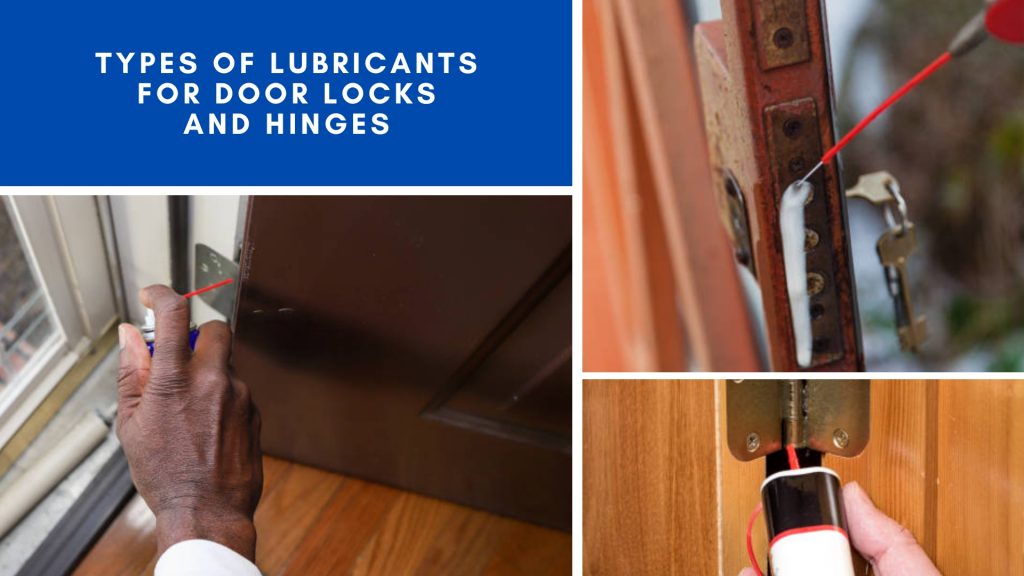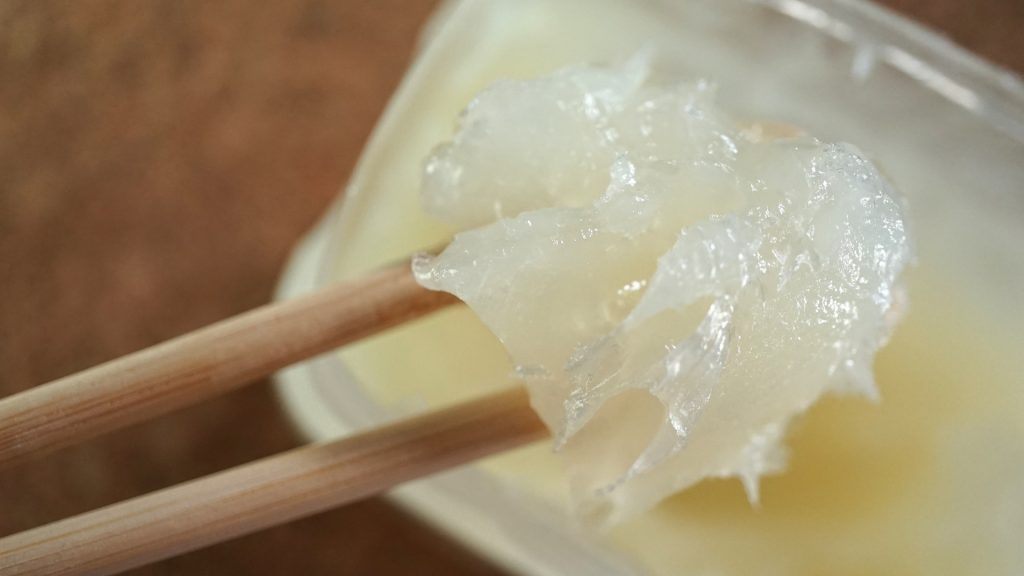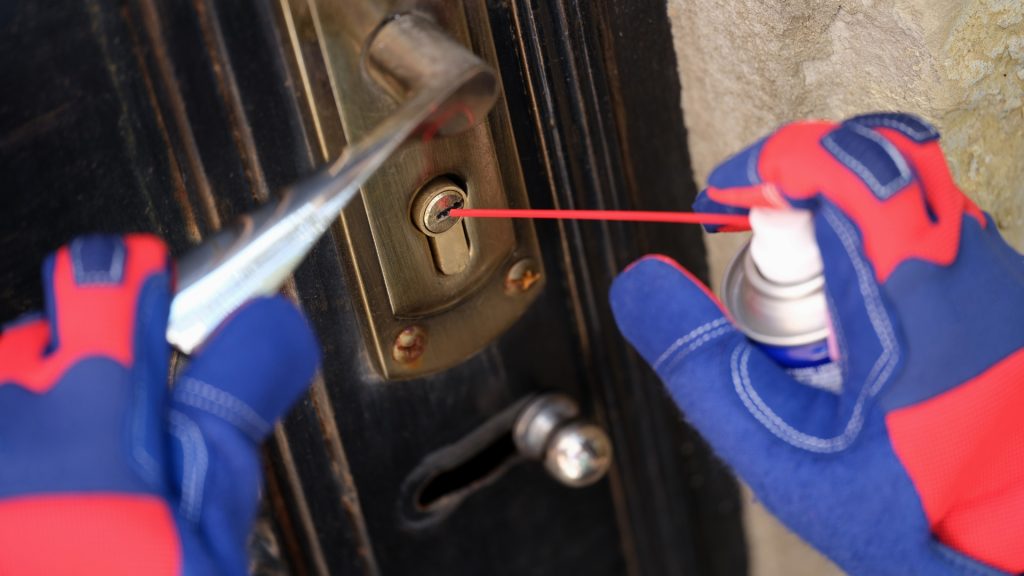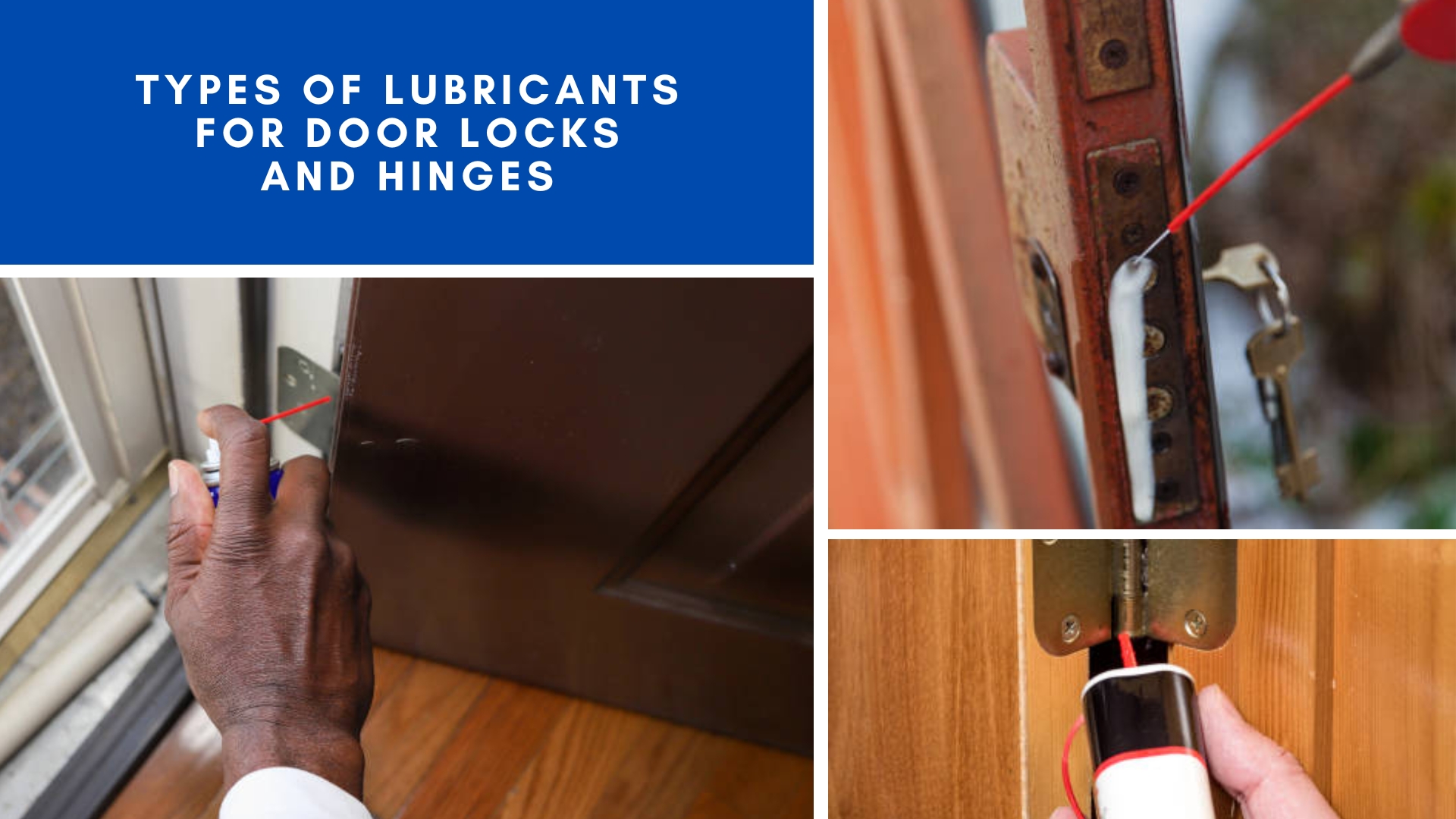
While your door locks are important to keep intruders out, these mechanisms also experience wear and tear from regular use. Proper lubrication helps keep door locks and hinges in great working order. However, lubricating door locks and hinges is not just a matter of appearance. The lubricants used on these components should be specifically formulated for this purpose. Otherwise, using the wrong lubricant can cause the locking mechanisms to fail or cause rusting on the hinges.
How do you know which lubricant to use on your door hinges or door locks? At Universal Best Locksmiths, we understand how frustrating and stressful it can be to get locked out of your home because of a poorly lubricated front door. In this post, we explain the different types of lubricants for door locks and hinges, including the pros and cons of each.
Different Types of Lubricants for Door Locks and Hinges
Household Door Locks Lubricant
Looking around the house, you can find and use many products for your DIY lubrication. These products include cooking oil, olive oil, hairspray, petroleum jelly, paraffin candles, and many others. Using these common items can save money and still get the job done correctly. For example, cooking and olive oil are great choices for stopping squeaky door noises due to bad hinges. Many people use oil for this purpose, as it can be a quick and easy fix, aside from being inexpensive.

However, one drawback of using oils is that they can oxidize quickly compared to other types of lubricants. Additionally, oils tend to attract dirt and grime, which can then accumulate on the pivot areas of door hinges. For these reasons, using a different type of lock lubricant on your door hinges and latches is best.
White Lithium Grease
Lithium grease is a lubricant thicker than regular grease and repels water. That can help prevent rust and corrosion on metal parts. Lithium grease is also designed to cling to surfaces and withstand harsh conditions like rain and snow. Some common places you might use lithium grease include door hinges, engine hoods, and rear trunk lids.
WD-40 for Door Locks
WD-40 is a lubricant that you can use on both household and automotive parts. It is a corrosion inhibitor that protects your locks and hardware against moisture and other corrosive substances to stop rust. Also, it frees sticky mechanisms, breaks down rust-to-metal bonds, and aids in the release of corroded, frozen, or stuck metal components. In addition, silicone spray lubricates areas with non-metal parts and is gentler than other lubricants.

Graphite Lubricant
Dry graphite lubricant is ideal for applications where a lubricant free of petroleum products or avoiding oil build-up is necessary. At room temperature, this lubricant dries quickly. Additionally, this lubricant resists dirt, dust, and oil accumulation, making it an excellent choice for locks.
How Often Should You Lubricate Your Door Locks and Hinges?
It is important to lubricate your door locks and hinges regularly to keep them in good working condition. However, there is no set schedule for this. It merely depends on the type of lock and where it is located. For example, interior door locks may only need to be lubricated once a year, whereas locks exposed to outdoor elements may need to be lubricated more often.
Door Lock Repair Near Me
Need a locksmith you can trust? Look no further than Universal Best Locksmiths. We provide locksmith services in Studio City and nearby areas. In addition, our mobile team provides emergency locksmith services, regardless of the time of day or night. We also offer lock repair for commercial spaces and security requirements for homes and cars. So grab your phone and call 323-844-0381 for the best locksmith services around.


